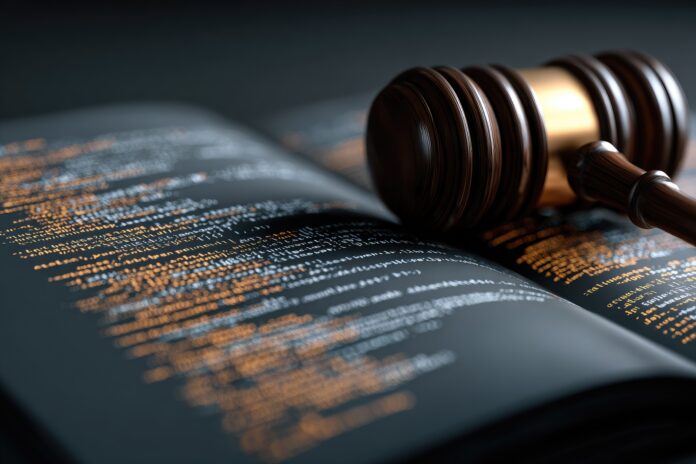Upholding Legal Integrity in the Age of Artificial Intelligence
The rise of AI-generated citations in legal submissions has sparked a stern response from UK courts. In June 2025, the High Court of England and Wales made it clear: lawyers who rely on generative AI for legal research, without rigorous verification, now risk severe professional and even criminal penalties. This warning signals a pivotal moment in the intersection of technology and the law, underscoring the urgent need for accuracy and integrity in the justice system.[1]
AI Hallucinations and Their Legal Fallout
Generative AI tools, like ChatGPT, are increasingly used for drafting legal documents. However, these systems are known to produce “hallucinations”—plausible-looking but entirely fictional legal cases and arguments. Judge Victoria Sharp, president of the King’s Bench Division, emphasized that AI-generated citations are fundamentally unreliable and can introduce serious errors into court proceedings. Most importantly, these errors threaten both the fairness of trials and public confidence in the legal system.[1][3]
Case Studies: When AI-Generated Citations Mislead the Court
Recent high-profile cases highlight the dangers. In a notable instance, a lawyer representing a man in a £90 million lawsuit against Qatar National Bank submitted 45 citations—18 of which did not exist. Others contained fabricated quotations or irrelevant references. Besides that, the lawyer relied on a client to verify the research instead of consulting authoritative sources themselves. Judge Sharp described this as “extraordinary” and underscored the professional obligation lawyers owe the court.[2]
Another case in April 2025 resulted in a barrister and their firm being found responsible for knowingly submitting five non-existent cases in a formal filing. The court found this to be “appalling professional misbehaviour,” and imposed wasted cost orders, fee reductions, and regulatory reporting.[5]
Why AI-Generated Citations Pose Unique Risks
The misuse of AI-generated citations has far-reaching implications because generative AI doesn’t reliably distinguish fact from fabrication. These tools can confidently produce authoritative-sounding but false information. Therefore, they create risks not just for lawyers, but for the integrity of the entire judicial system.[1][3][4]
Court’s Message: Professional Duty Comes First
UK courts have drawn a clear line: lawyers may use AI in their research, but only if they meticulously verify their findings against reputable legal sources. Submitting unchecked AI-generated citations is now a breach of both professional duty and, potentially, criminal law. Disciplinary actions can range from regulatory sanctions to prosecution.[1][3]
According to Judge Sharp, existing professional guidance is not enough. She called for tougher accountability and shared her ruling with regulatory bodies, including the Bar Council and the Law Society. The profession, therefore, faces growing pressure to embrace stricter AI controls and verification protocols.[1][3]
Strengthening Trust Through Verification
To avoid severe penalties, lawyers must always verify AI-assisted legal research with trusted sources. They bear personal responsibility for accuracy, regardless of client involvement. Courts are ready to enforce these standards—upholding the credibility of the legal profession and ensuring justice is served.[2][5]
What This Means for Legal Tech and the Profession
This crackdown signals a new era for legal technology. Lawyers and law firms must invest in ongoing training and ethical guidelines for AI use. Most importantly, the legal field must balance innovation with the unyielding standards of truth and transparency demanded by the courts.
References
- TechCrunch: Lawyers could face ‘severe’ penalties for fake AI-generated citations, UK court warns
- Washington Times: Lawyers cite fake AI-generated cases in court, UK judge warns risk
- CoinCentral: British Judges Crack Down on Lawyers Using AI-Generated Legal Documents
- TopMostAds: Severe Penalties for AI Misuse: Legal Obligations & Sanctions
- Financial Institutions Legal Snapshot: Another Instance of Misleading the Court with Artificial Intelligence



